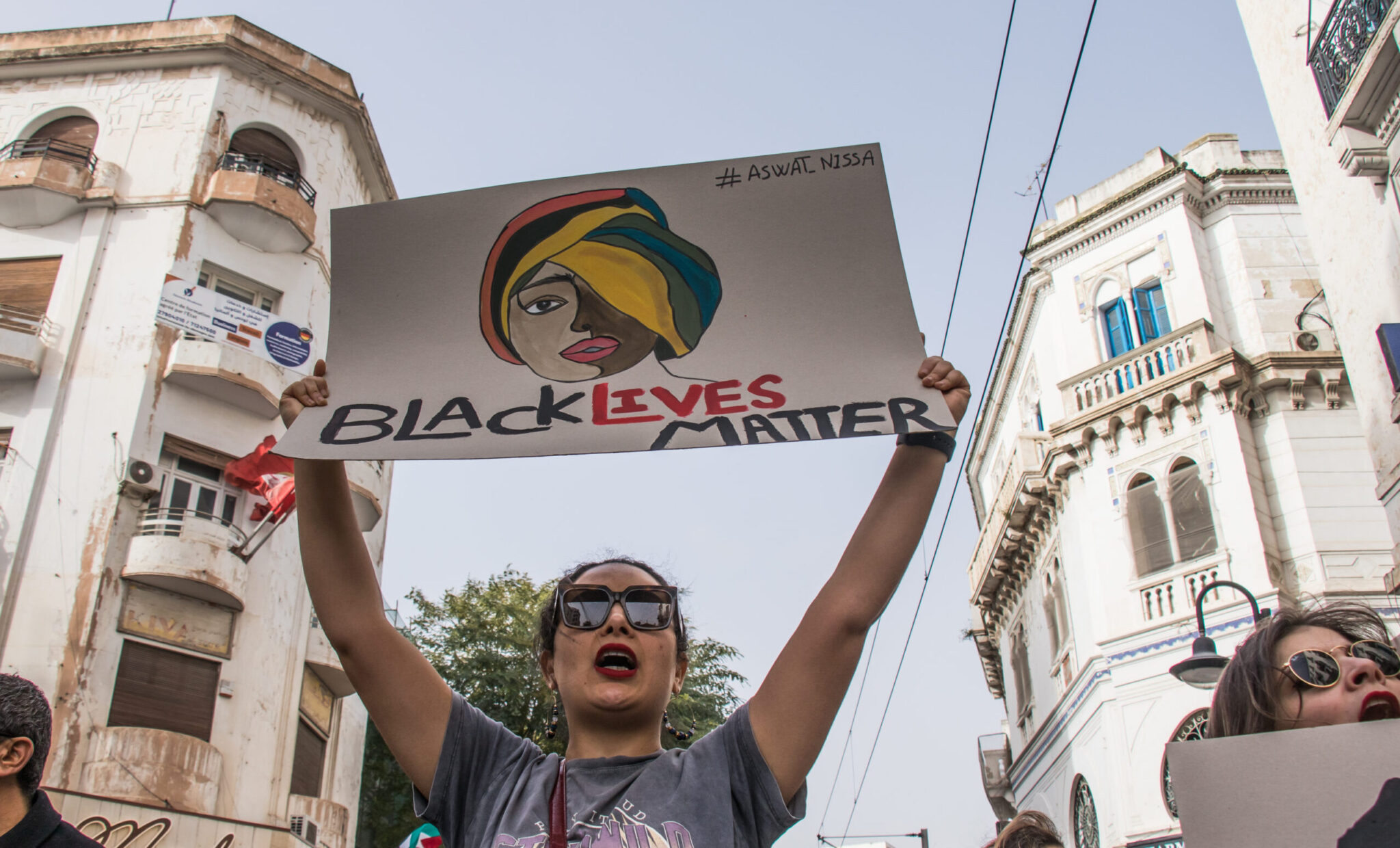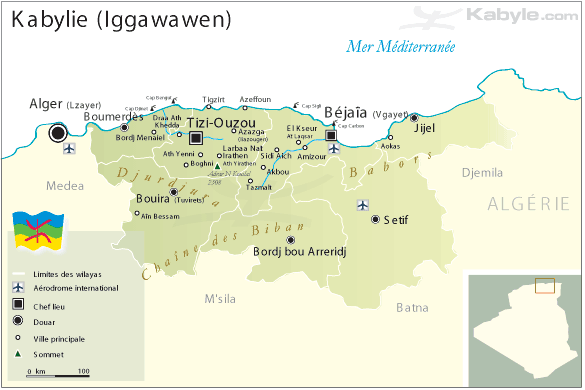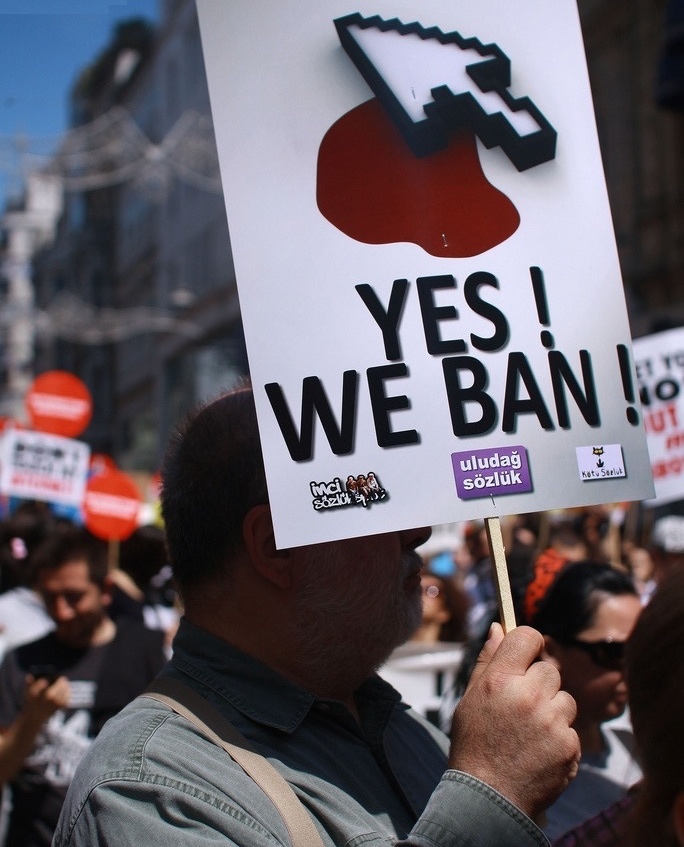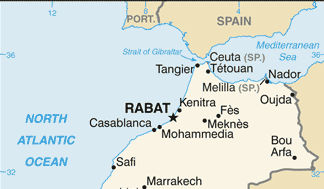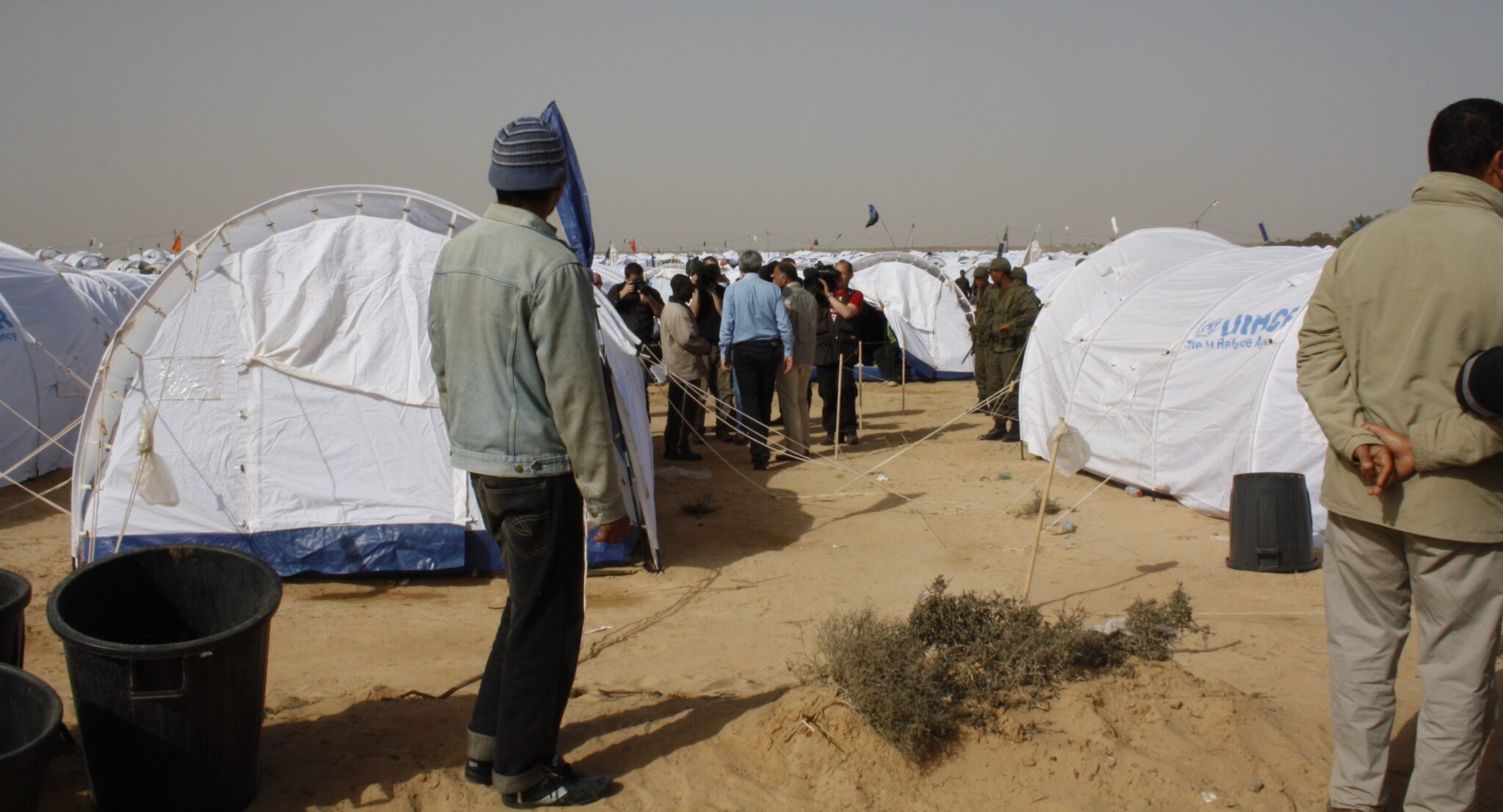
Drones deployed in Libya migrant crackdown
Libyan politicians wrapped up nearly three weeks of talks in Morocco meant to set a framework for the country’s long-delayed elections. Back at home, the country’s rival sides are both cracking down hard on migrants and refugees. The Tripoli-based Government of National Unity is using armed drones to target what it says are migrant traffickers bringing people in from Tunisia. In eastern Libya, authorities have reportedly rounded up some 6,000Egyptian migrants, deporting some and holding others in a customs hangar near the border. Some suspect that this has been driven by the political calculations of Gen. Khalifa Haftar, leader of the “Libyan National Army” that controls much of the country’s east. Giorgia Meloni, Italy’s far-right prime minister, visited Haftar last month to talk migration control amid an increase in people crossing the central Mediterranean. (Photo of migrant camp near Tunisian border with Libya: UK Department for International Development via Jurist)




